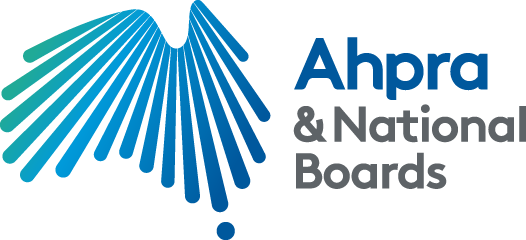Close
Our offices will be closed for the public holidays on Thursday 25, Friday 26 December 2025, and Thursday 1 January 2026. Please make a web enquiry during these times.
National health practitioner boards
Close
Page reviewed
3/01/2025
